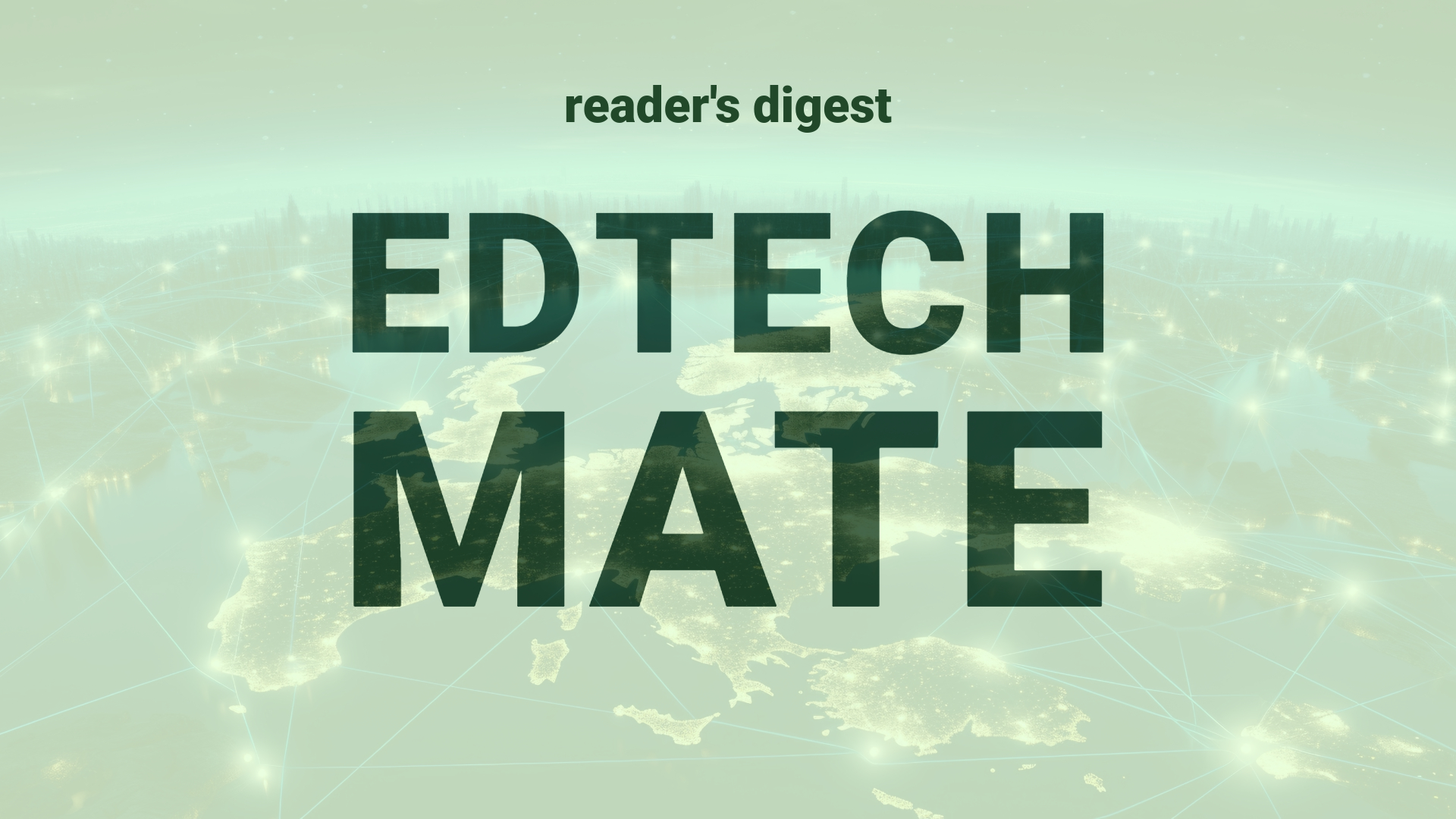Executive Summary and Main Points
Rising geopolitical tensions and a decline in global cooperation are prompting corporate leaders to reevaluate their strategic approaches to managing global businesses. Amidst these changes, structural segmentation has emerged as a critical strategy for building geopolitical resilience. This involves organizational adjustments across six dimensions – operations, R&D, technology and data, legal entity structure, capital, and people – to navigate an era of heightened geopolitical risk while maintaining global reach and seeking opportunities for resilient growth. Black swan events, gray rhinos, and the role of board capabilities in geopolitical risk are also central to business strategy development.
Potential Impact in the Education Sector
The current geopolitical climate could significantly impact the education sector. Higher education institutions could be forced to rethink international partnerships, further education could see alterations in student mobility patterns, and micro-credentials might become a tool for mitigating risks associated with international collaborations. Digitization could accelerate as institutions seek to create locally informed yet globally relevant educational models that offer stability and adaptability amidst uncertainty.
Potential Applicability in the Education Sector
Innovative applications of AI and digital tools can help global education systems remain competitive and adaptable. This could include the development of virtual exchange programs, localized digital platforms supporting tailored content for different regions, and AI-driven adaptive learning that caters to diverse cultural and educational needs. Institutions may also invest in secure, compliant data infrastructures to protect student and research data irrespective of location.
Criticism and Potential Shortfalls
While structural segmentation offers a strategic approach to managing geopolitical risks, it also faces criticism for potentially fostering a more fragmented global higher education ecosystem. International case studies, such as varied responses to educational disruption during the pandemic, highlight differences in resilience. Additionally, concerns around inclusivity, equity, and the dilution of global cultural connections raise ethical and cultural considerations that must be navigated judiciously.
Actionable Recommendations
To navigate these challenges, educational leaders should integrate a systematic approach to geopolitical scenario planning within their strategic operations. Partnerships should be reassessed with a focus on resilience, and digital transformation should be leveraged to support localized needs while maintaining a global presence. Furthermore, investing in talent and safeguarding academic freedom while considering regulatory and geopolitical constraints are imperative for the sector’s sustainable growth.
Source article: https://www.mckinsey.com/capabilities/strategy-and-corporate-finance/our-insights/can-your-company-remain-global-and-if-so-how

